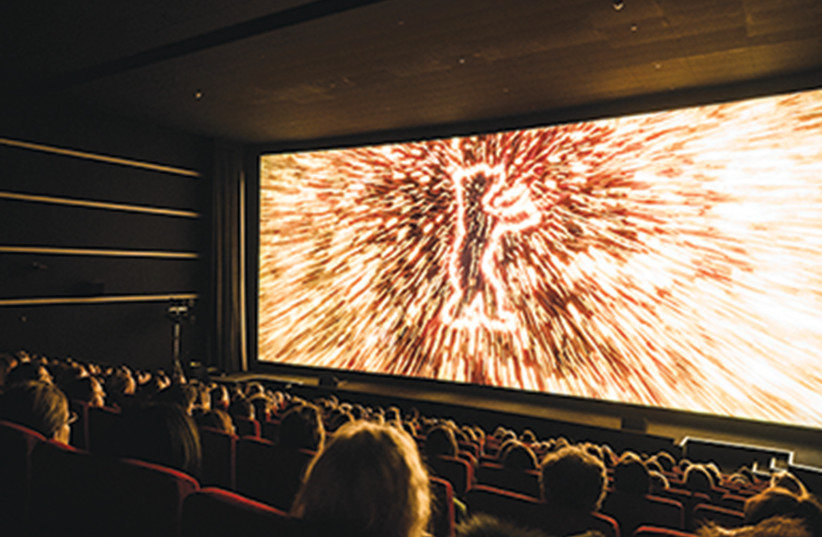Serious mental illness often causes far more human suffering than physical illness, as those who have such mental problems – and their families – can confirm. And it can be true as well that the traditional mental health system is a blunt instrument that can often do little to alleviate this suffering.
This doesn’t mean that there should be no treatment, only that out-of-the-box thinking can be helpful and a new French documentary, On the Adamant by Nicolas Philibert, which is opening on December 14 at theaters around Israel, demonstrates just how successful such a creative approach can be.
But even more than just illuminating how a kinder, gentler way of working with mental patients can be helpful, it also presents portraits of the patients themselves, who speak about their experiences and perceptions with no fear of ridicule or censure. It obviously makes them feel empowered to speak about what is going on in their heads and it makes us understand that they have dreams, hopes, fears, and wishes that we can relate to, once we give them a chance.
And with this movie, Philibert helps us give them that chance and as we listen, it’s hard not to feel compassion, especially as they talk about their struggles to maintain contact with their families, and some discuss having children taken away from them by social services.
The Adamant is an unusual mental health treatment facility that is located on a barge in the Seine, in the center of Paris, not far from many of the great cultural landmarks of the city, including the Louvre. This is fitting, because the patients who come to the barge engage mainly in art therapy, as well as gentle social interactions that help them to open up. They paint, draw, sing, dance, and watch and discuss classic movies. They also talk about their daily struggles, as well as such mundane topics as sports.

Unusual for a documentary to win top prize
ON THE ADAMANT won the Golden Bear at the Berlinale, the Berlin International Film Festival, this year and while it is not unprecedented for a documentary to win the top prize at a major film festival, it is unusual. It means that the film had to touch the jury deeply and that they were caught up in the stories of the people on screen as intensely as they would be in a dramatic feature.
Philibert has a talent for creating documentaries like this that appeal to audiences. One of his best-known previous films was To Be and To Have (2002), a look at a one-room schoolhouse in rural France, where he showed its conflicts as well as its advantages. Here, too, he presents those who come to the Adamant for care in a way that inspires empathy but does not suggest that the treatment can solve all their problems. The movie portrays the intractable nature of mental illness and at the same time, is a tribute to the resilience of those who live with it.
As with all Philibert’s work, On the Adamant isn’t a typical talking-heads documentary, and we don’t hear the staff explaining and analyzing the workings of the facility. It’s mostly focused on the patients and how they use art and socializing to help themselves.
Early on in the film, a man named Francois sings a popular French rock song from the 1970s called “The Human Bomb,” which includes the lyrics, “You hold it in your hand/You have the detonator/Just beside the heart,” with great conviction. He seems utterly self-assured while he sings, but later acknowledges the sad truth that, “Only strong meds keep me talking to you, otherwise I think I’m Jesus.”
This is the contradiction at the heart of the film, that while the art the patients create in this atmosphere of acceptance is helpful – and the most memorable moments in the film come as we watch them speak about their art and what it means to them – the force of the mental illness can be crushing.
Without psychiatric medications, many of them would be so impaired that they could not even manage to make their way to the Adamant. Philibert seems to be aware of the dangers of romanticizing or downplaying the impact of mental illness in this moving and sad film.
